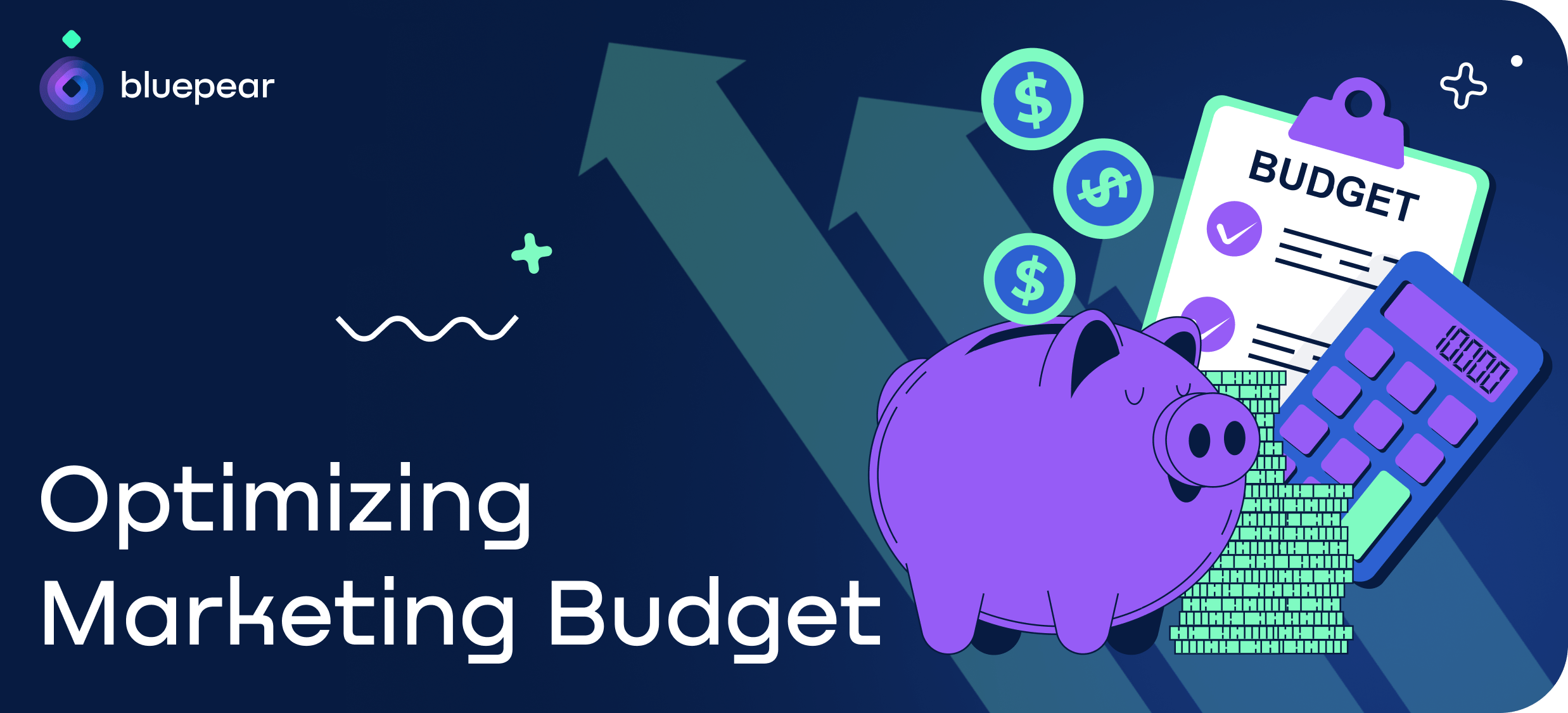
Contents
In marketing, throwing money at campaigns without a well-structured budget and clear data-driven strategy is the sure way to drain money for zero gain.
Unfortunately, many vendors decide to try they luck instead of approaching marketing budgets comprehensively.
We understand the immense significance of budget-planning in marketing. Thus our article aims to utilize our extensive experience and insights to help companies run effective campaigns while preventing money drain.
We explore key strategies that can help streamline marketing efforts, harness data-driven decision-making, foster smart partnerships, and encourage testing and iteration for ongoing efficiency.
ASSESSING CURRENT EXPENDITURE
Before embarking on budget planning, it is crucial to assess your current marketing expenditure to identify where you might be throwing money away. This evaluation should encompass all aspects of your marketing efforts, including advertising, content creation, social media management, and other promotional activities. Understanding where your resources are currently allocated is the foundation upon which a more efficient budget can be built, preventing the unnecessary money drain.
When it comes to the metrics, a good place to start is measuring Return on Investment (ROI) which helps understand the overall usefulness of the allocated funds. When you have a good grasp on how your cash is being spent, you can try and explore strategies for mitigating money drain.
HOW TO AVOID FUTURE BUDGET DRAIN
Once you understand the resources available and how many can be allocated to more effective use, it is the time to figure out the strategies for optimizing your marketing budget and stopping dumping money for naught.
Streamlining Marketing Strategies
First of all, regardless of how big your company is, it's vital to streamline your strategies to make the most of your marketing budget. Assess the performance of your current marketing channels, identifying those that yield the best results, also avoiding trademark infringement and money drain. Consider reallocating resources from underperforming channels to those with a proven track record of success.
Data-Driven Decision Making
In an age dominated by data, it is crucial to leverage information for decision-making to prevent throwing money into ineffective strategies. Utilize analytics tools to gain insights into customer behavior, campaign performance, and market trends. Make informed choices based on data, ensuring that your budget allocation aligns with where you are most likely to yield results and avoiding dumping money.
Negotiating Smart Affiliate Partnerships
Collaborating with other businesses or influencers, such as in areas like brand bidding affiliate marketing, can be a cost-effective way to extend your marketing reach, preventing the throwing money problem that often accompanies solo efforts. It is also a great way to use your marketing budget. Negotiate partnerships wisely, considering the target audience of your partners, their reputation, and the value they can bring to your campaign, including aspects like brand bidding. By aligning with complementary brands or individuals, you can enhance your marketing efforts without a proportionate money drain.
Testing and Iteration for Efficiency
Even the most well-thought-out marketing budget can benefit from continuous refinement, preventing a budget drain. Implement a culture of testing and iteration to avoid throwing money into strategies that don't work. Educate your employees and stakeholders on budget drain cleaning and mindful allocation of resources in marketing.
Regularly assess the performance of marketing activities and campaigns to ensure that your marketing budget is allocated to strategies that are performing well, generating new leads and sales.
Relying on AI-driven tools
The recent developments of AI radically enhance the effectiveness of analytics when building a marketing budget and promoting budget drain cleaning strategies. In fact, some of the most advanced tools can detect and point to wasteful money draining much faster and with more accuracy than human analysts would. Since AI is quite good at working with numbers and specific tasks, and most are quite scalable, it would be a good idea for any marketing business to employ AI-driven technology in measuring efficiency and avoiding throwing money away.
In conclusion, planning a marketing budget is not a one-time event but an ongoing process that aims to allocate resources wisely, get higher Return on Investment from campaigns, and generate high-quality leads, while preventing throwing money away.

In a world where every dollar counts, ongoing efforts in budget optimization can be the difference between success and stagnation.

